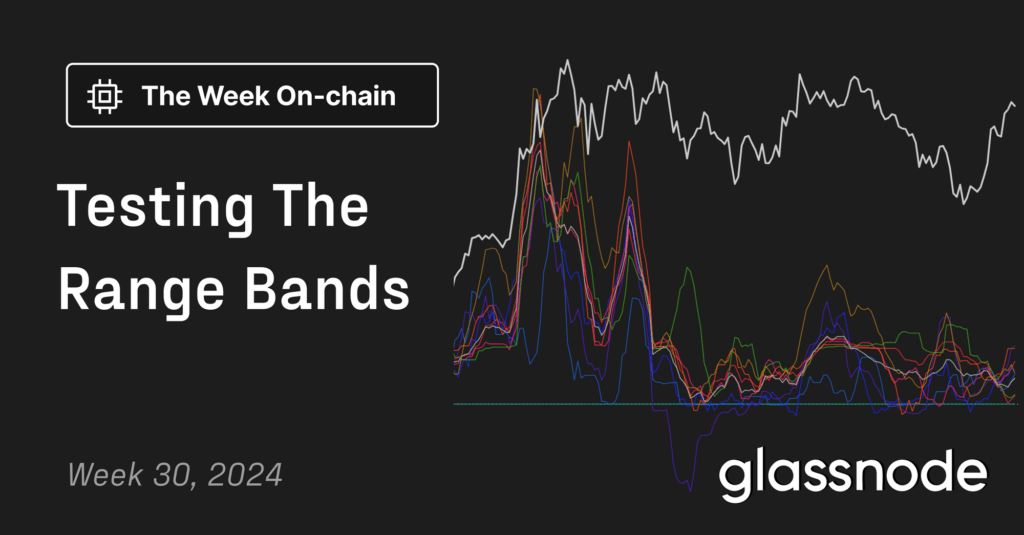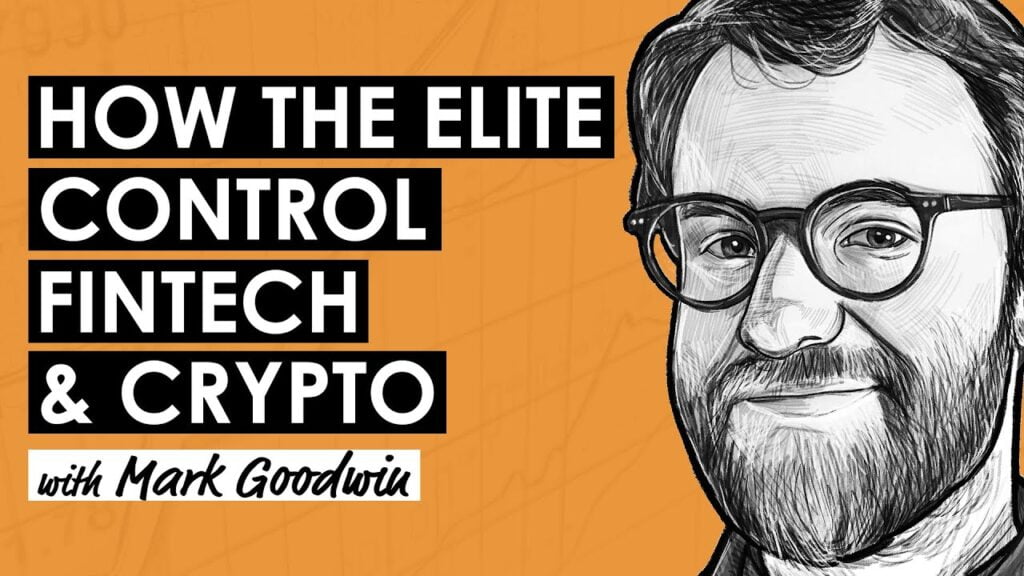Podcast Summary
This podcast episode delves into the implications of the repeal of SAB-121, a staff accounting bulletin issued by the SEC that prevented banks from holding crypto assets as assets on their balance sheets. The hosts also discuss the rise of crypto and political grassroots movements, the potential approval of the Ether ETF, and the DOJ indictment involving crypto violence and sandwich attacks.
Key Takeaways
Repeal of SAB-121 and its Implications
- SEC’s Stance on Crypto: The repeal of SAB-121, which prevented banks from holding crypto assets on their balance sheets, is seen as a significant shift in the SEC’s stance towards crypto. This move is perceived as a bipartisan effort to separate crypto from the regulated banking system.
- Political Support for Crypto: The bipartisan support for the repeal of SAB-121 signals a changing attitude towards crypto in politics. This is the first standalone crypto legislation to be voted on, indicating broad bipartisan support for sound crypto policy.
Emergence of Crypto as a Political Issue
- Political Engagement in Crypto: The rise of crypto and political grassroots movements has led to increased political engagement and advocacy for crypto-friendly legislation. The popularity of meme coins has also contributed to this trend.
- Political Advantage: The Biden Administration’s poor poll numbers and the emergence of crypto as a wedge issue have likely influenced the shift in sentiment and support for crypto. The administration may have been swayed by Trump’s strong support for crypto, realizing that it could be a politically advantageous issue.
Market Structure Problem in Crypto
- Low Float, High FDV Tokens: The hosts discuss the issues faced by low float, high FDV tokens when a small portion of the tokens are released to the community. This leads to a situation where the project is owned by a few individuals, creating a market structure problem.
- Token Usage in Operational Networks: The hosts highlight the issue of tokens being used to attract capital without providing liquidity in operational networks like Layer 0, ZK Sync, and others. They argue that operational networks should not have liquidity constraints and should allow for easy entry and exit.
DOJ Indictment Involving Crypto Violence and Sandwich Attacks
- Legal Implications: The DOJ indictment involving crypto violence and sandwich attacks surprised many in the crypto community. The sophistication displayed by the DOJ in explaining the intricacies of the MEV market and the specific actions taken by the accused was unexpected.
- Legal Grey Area: The legality of manipulating another user’s transaction in the context of a sandwich attack versus violating the desires of a front-runner in a block is still unclear. The general sentiment is that this case should be treated as a civil issue rather than a criminal one, as it involves crypto-on-crypto crime.
Sentiment Analysis
- Bullish: The hosts express a bullish sentiment towards the potential approval of the Ether ETF and the positive implications of the repeal of SAB-121. They also show optimism about the increasing political support for crypto and the potential for positive crypto policy in the US.
- Bearish: The hosts express a bearish sentiment towards the market structure problem in the current crypto industry, particularly the issues faced by low float, high FDV tokens. They also express concern about the DOJ indictment involving crypto violence and sandwich attacks.
- Neutral: The hosts maintain a neutral stance on the Biden Administration’s stance on crypto, acknowledging the potential political advantage of supporting crypto but also noting the administration’s poor poll numbers.












